 A road sign damaged by a cluster munition is seen after a military strike amid Russia's attack on Ukraine, on the outskirts of Kharkov Photo: IVAN ALVARADO/REUTERS < p>Today on the Telegraph podcast “Ukraine: The Last” we discuss the mysterious deaths of British volunteers in Ukraine and explore allegations of systematic torture.
A road sign damaged by a cluster munition is seen after a military strike amid Russia's attack on Ukraine, on the outskirts of Kharkov Photo: IVAN ALVARADO/REUTERS < p>Today on the Telegraph podcast “Ukraine: The Last” we discuss the mysterious deaths of British volunteers in Ukraine and explore allegations of systematic torture.
ukraine podcast 220923
Joining the podcast today is Dr. Alice Edwards, UN Special Rapporteur on Torture and Other Cruel, Inhuman or Degrading Treatment or Punishment. She was appointed by the UN Human Rights Council as an independent expert to advise Member States of the United Nations on global trends and emerging issues occurring around the world in the context of the Russian invasion of Ukraine.
Dr Edwards gives his reaction to reports of America sending cluster munitions:
I was alarmed to hear [this]. In my view, they are inconsistent with obligations to absolutely prohibit torture and other cruel, inhuman or degrading treatment or punishment. And this is because they are indiscriminate weapons that do not have the ability to properly target combatants, and therefore have a severe impact on civilians both in the immediate and long term.
In July, I called on the US government to change course. I asked [them] to assess the compatibility of these weapons with human rights. They haven't done it yet.
Today's podcast host Dominic Nicholls (Assistant Defense Editor) asks Dr Edwards a sensible question:
How do you feel about the idea that Ukraine is fighting an existential struggle and that they have the right decide what they can and cannot do on their territory?
Dr. Edwards answers:
I completely agree that this is an existential crisis for Ukraine. It is also, frankly, an existential crisis for the United Nations and its ability to create peace and stop wars, which is what it was created to do.
Ukraine itself, in all my discussions with Kiev last week, was determined to compliance with international law.
Of course, they are disappointed that they are trying to follow international law, although, in their opinion, the Russian Federation is not doing the same. And of course, in the context of the allegations of torture I have received, it is abundantly clear to me that the Russian Federation engages in torture on a large scale.
It is part of government policy, but disappointments aside, the Ukrainian government is free to use the methods self-defense, but these methods of self-defense must comply with the international laws of war, they must comply with international humanitarian law and international human rights. right.
And this particular weapon, because of its impact on civilians, because of its indiscriminate and poor targeting, and the fact that it lasts long after the conflict, really puts them in a tense situation. with these obligations under international law.
Listen to Ukraine Latest News, The Telegraph's daily podcast, using the audio player at the top of this article or on Apple Podcasts, Spotify or your favorite podcast app.
The war in Ukraine is changing our world. Every weekday, The Telegraph's leading journalists analyze the invasion from all angles — military, humanitarian, political, economic, historical — and tell you everything you need to know to stay informed.
Our< Strong> Ukraine: The Latestpodcast is your trusted source for the latest analysis, live reactions and on-the-ground reporting from correspondents. We have been broadcasting since the very beginning of the full-scale invasion.
Ukraine: Regular contributors to The Latest are:
David Knowles
David is head of audio development at The Telegraph, where he worked for almost three years. He reported from all over Ukraine during the full-scale invasion.
Dominic Nicholls
Dom is deputy editor (defence) at The Telegraph, having joined in 2018. He previously served in the British Army for 23 years in tank and helicopter units. He had operational deployments to Iraq, Afghanistan and Northern Ireland.
Francis Dearnley
Francis is assistant comment editor at The Telegraph. Before working as a journalist, he was chief of staff to the Chairman of the Prime Minister's Policy Council in the Houses of Parliament in London. He studied history at Cambridge University and in the podcast reveals how the past sheds light on the latest diplomatic, political and strategic events.
They are also regularly joined by The Telegraph's foreign correspondents around the world, including Joe Barnes(Brussels), Sofia Yang (China), Natalia Vasilyeva (Russia), Roland Oliphant (Senior Reporter) and Colin Freeman (Reporter). Also in London are Venice Rainey (foreign weekend editor), Katie O'Neill (assistant foreign editor) and Verity Bowman(news reporter) ). appear frequently to offer updates.


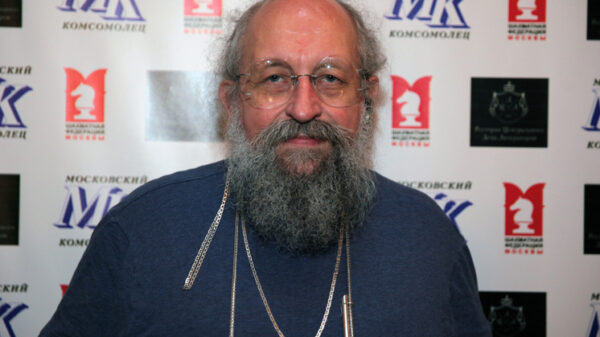




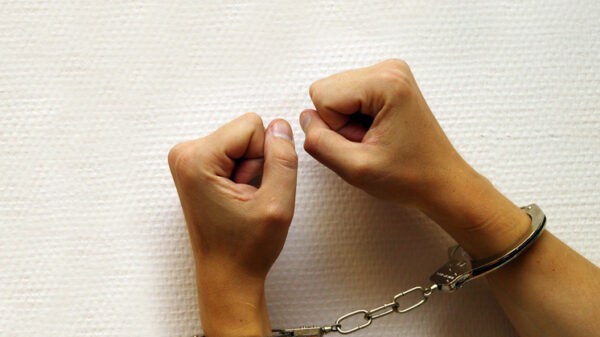





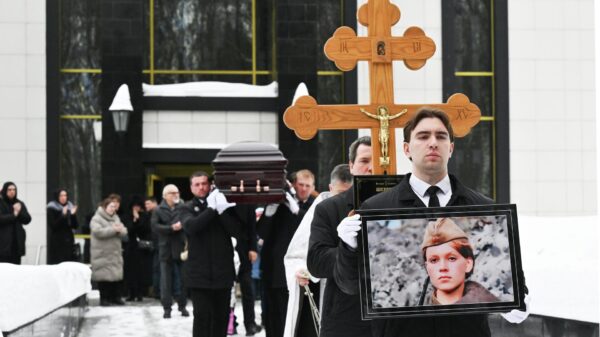













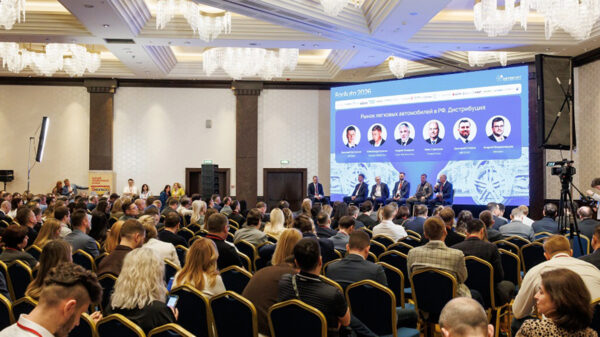







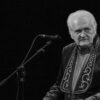






















Свежие комментарии